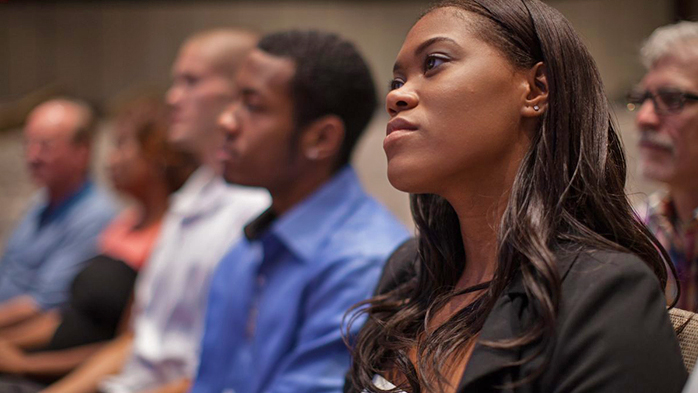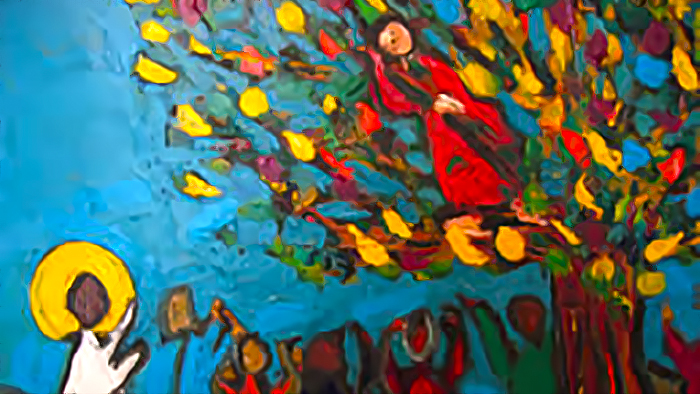
Words give us meaning. Fr. Rolheiser writes that we can’t make or remake reality, but the words we choose to name our reality can lift us from the humdrum of everyday experience. Jesus said to his disciples in response to their grumbling about his teaching on the bread of life, which led to their leaving him: “Do you want to walk away too?” Peter answers: “Lord, to whom else can we go? You have the message of eternal life.” Peter’s words, on the surface, express an unwanted humility and helplessness that sometimes beset us all: “I have no alternative! I’m so invested in this relationship that now I have no other options. I’m stuck with this!” That’s a humble place to stand, knowing that one no longer has another practical choice. But those words also express a much deeper quandary, namely, where can I find meaning if I cannot find it in faith in God? All of us have, at some point, asked ourselves that question. If I didn’t believe in God and had no faith or religion, what would give meaning to my life? Where can we go if we no longer have an explicit faith in God? A lot of places, it seems. There’s a stoicism that offers its own kind of salvation by drawing life and meaning simply from fighting chaos and disease. For some, meaning outside of explicit faith is found in leaving a lasting legacy on this earth, having children, achieving something monumental, or becoming a household name. And there are still others for whom deep meaning is found simply in being good for its own sake and in being honest for its own sake. But is this really the true meaning of life? Can anything other than faith and God quiet the restless fires within us? Well, it seems that there are places to go, and many go there, these places of positive energy, love, creativity, generosity, and honesty are also places where people seeking God outside of explicit faith can still have them meeting Him.









